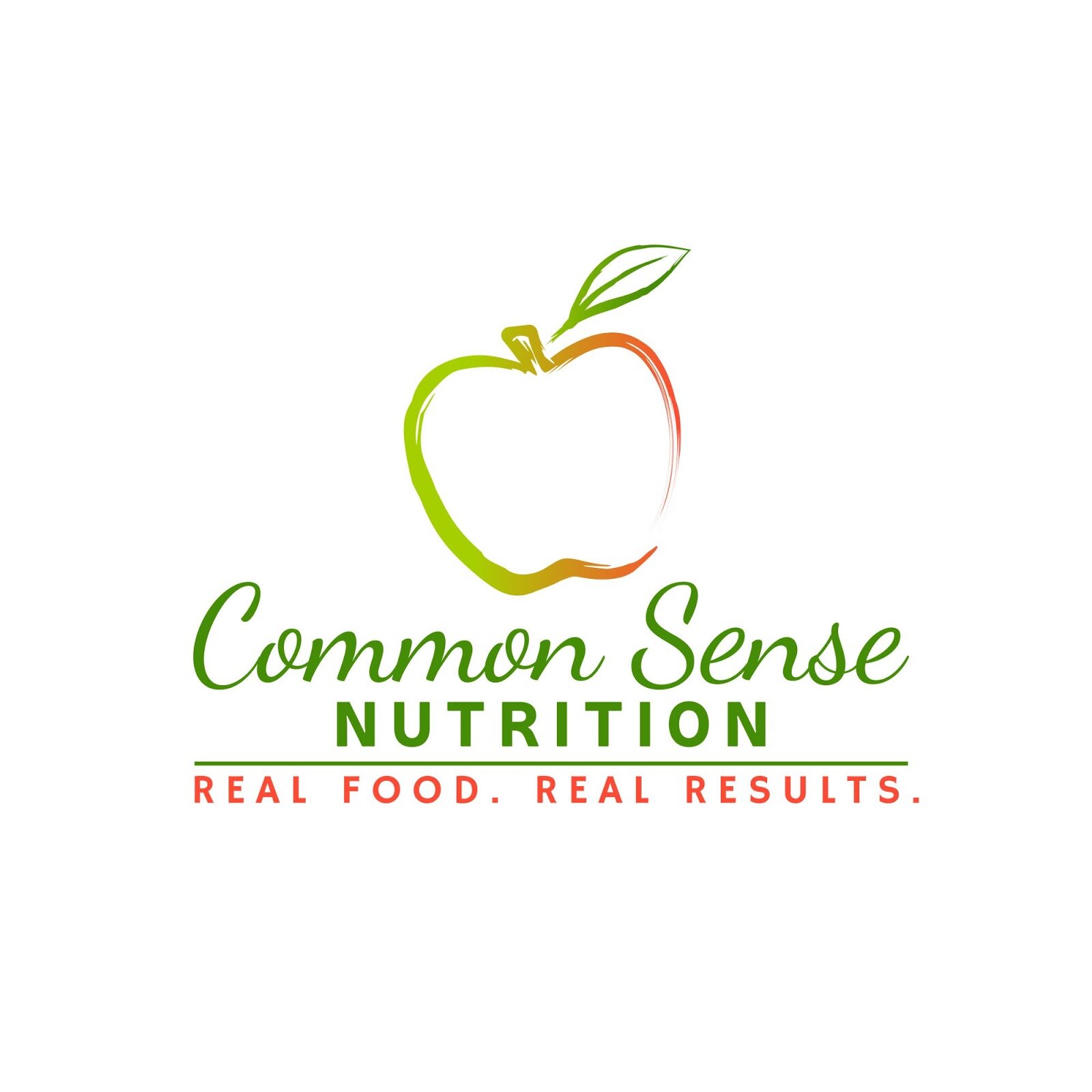Worried About Post Surgical Pain & Inflammation?

Worried About Post Surgical Pain and Inflammation?
Are you anticipating a surgical procedure?
Do you want suggestions on how to safely reduce post-operative pain and inflammation as well as how to improve wound healing?
Here are two inexpensive, safe, and readily available supplement suggestions, both backed by science.
Arnica montana
Arnica montana homeopathy pellets have a long history of use in Europe before and after surgery. Homeopathy is a modality that works on the principle of “like cures like.” It takes a substance capable of causing an adverse reaction in higher doses and then dilutes it to the point where the substance is no longer detectable. For many people, it is difficult to understand how homeopathy can be effective when the original active ingredient is no longer detectable.
However, in a recent meta-analysis of 28 different clinical trials, arnica montana was found to have anti-inflammatory properties largely comparable to over-the-counter products such as ibuprofen. Researchers, unable to explain a mechanism of action, admitted to being stumped, “We plead ignorance” (Gaertner, 2021).
The 28 different clinical trials varied greatly in design. Some used placebos and some did not. Others compared arnica montana to traditional anti-inflammatories like ibuprofen. Most of the studies were small. The authors concluded that arnica montana seemed most effective on small surgeries, especially facial or dental (Gaertner, 2021).
Arnica has a long history of use in European folk medicine. It is a member of the Asteraceae family, as are chamomile and marigolds. There are several varieties of arnica flowers, and arnica montana is native to Europe. Europe, especially countries like Germany, has a well-established tradition of using homeopathy which is considered more mainstream than in the States.
While arnica is known for relieving post operative pain, the results of clinical trials are mixed. Again, it is probably most effective for small procedures. For major surgeries such as cardiac surgery, it may not be effective. Interestingly enough, arnica has been shown to reduce the need for opioids in other surgeries including mastectomies and breast reconstruction (Smith et al., 2021).
In Europe, it is not uncommon for conventional allopathic physicians to recommend patients take arnica before and after surgery. Because there is no actual active ingredient, arnica is very unlikely to interfere with medications. It is also an inexpensive product to try. Reliable brands include Borion, Ollois, Hylands, and Newton. Pellets come in small tubes and readily dissolve under the tongue. Arnica montana is best taken apart from food.
Homeopathy has no known food, drug, or herbal interactions and is generally considered safe for people of all ages.
Bromelain
Bromelain is derived from pineapples, mostly the core. It has a long history of use in Central and South America for digestive issues. Bromelain is a proteolytic enzyme that when taken with food aids in digestion. But when taken on an empty stomach, it works to break down inflammation in the body.
Bromelain is very well absorbed by the body with no significant side effects. It is highly effective for reducing post-surgical pain and swelling. Bromelain also helps to promote tissue recovery (Varilla et al., 2021).
Remarkably, bromelain helps boost the absorption of antibiotics and well as to reduce their negative impacts on the body. Bromelain also improves antibiotic effectiveness (Varilla et al., 2021).
The positive relationship between bromelain and antibiotics is important because surgeons usually prescribe antibiotics to prevent infections. Patients often worry about the effects of antibiotics on their gut health. Bromelain seems to protect the gut microbiome.
In addition to being anti-inflammatory, there are other benefits of taking bromelain:
Anti-microbial (inhibits harmful bacteria)
Anti-fungal
Helps with E-coli-induced diarrhea
May reduce osteoarthritic pain
Reduces inflammation associated with irritable bowel disease, sinus infections, and colon issues (Varilla et al., 2021)
Inhibits platelet aggregation (clotting!)
Interferes with malignant cell growth
Enhances the absorption of certain drugs (Muhammed,2017)
Who should avoid bromelain?
Anyone on blood thinners
People who are allergic to pineapple, carrots, or celery
Pregnant women should consult with their physician
How to take bromelain
As an anti-inflammatory, bromelain is best taken on an empty stomach.
A typical bromelain supplement contains 400 to 500 mg. The label should also show that it contains standardized GDUs. GDU stands for “gelatin digestive unit” and measures the digestive activity of an enzyme ingredient. Alternatively, you could chew on the core of a pineapple and spit out the fiber or make tea.
Disclaimer
The included information is not meant to or should not be used to replace or substitute medical treatment, recommendations, or the advice of your physician or health care provider. The information contained within is strictly for educational purposes and is based on evidence-based nutrition. If you believe you have a medical problem or condition, please contact your physician or healthcare provider.
References
Gaertner, K., Baumgartner, S., & Walach, H. (2021). Is Homeopathic Arnica Effective for Postoperative Recovery? A Meta-analysis of Placebo-Controlled and Active Comparator Trials. Frontiers in surgery, 8, 680930. https://doi.org/10.3389/fsurg.2021.680930
Muhammad, Z. A., & Ahmad, T. (2017). Therapeutic uses of pineapple-extracted bromelain in surgical care - A review. JPMA. The Journal of the Pakistan Medical Association, 67(1), 121–125.
Smith, A. G., Miles, V. N., Holmes, D. T., Chen, X., & Lei, W. (2021). Clinical Trials, Potential Mechanisms, and Adverse Effects of Arnica as an Adjunct Medication for Pain Management. Medicines (Basel, Switzerland), 8(10), 58. https://doi.org/10.3390/medicines8100058
Varilla, C., Marcone, M., Paiva, L., & Baptista, J. (2021) Bromelain, a group of pineapple proteolytic complex enzymes (Ananas comosus) and their possible therapeutic and clinical effects. A summary. Foods.10(10):2249. https://doi.org/10.3390/foods10102249
